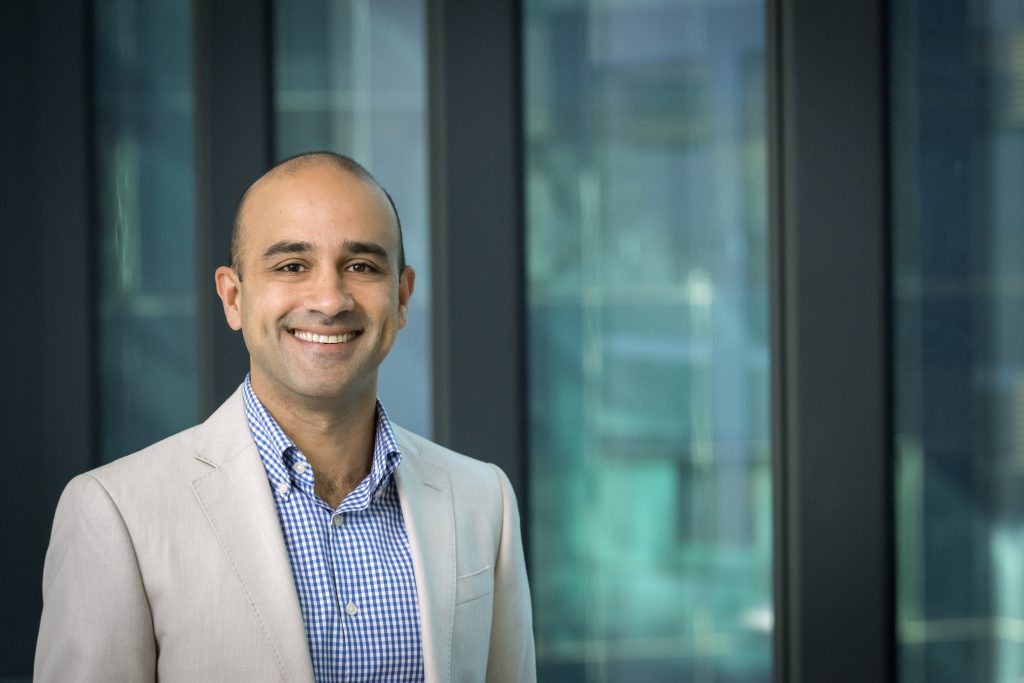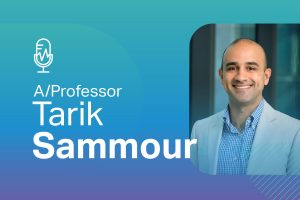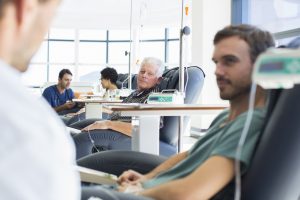How does Facebook photo-tag translate to predicting the severity of bowel cancer?
Colorectal surgeon and bowel cancer researcher Associate Professor Tarik Sammour can explain.
His team are involved in a number of research projects trying to improve the outcomes for patients that require colorectal surgery; often patients who have bowel cancers.
Using imaging, clinicians are able to identify and predict the highest risk patients. Now A/Prof Sammour and his team are hoping to improve that even further using AI.
Similar to AI recognising faces in a photo and tagging them on Facebook, researchers want to train the algorithm to understand what a cancer is and in order to predict the severity and inform treatment options.
“The way it’s doing that AI knows photos you’ve previously posted and can identify which images you’ve tagged and it can use that info to tag the next picture for you,” A/Prof Sammour said.
“With bowel cancer imaging it’s exactly the same idea, we’re training the algorithm to understand what a cancer is, what a bad cancer is, what a good cancer is in terms of survival.
“In the future when we have a new cancer, the AI will be able to use that info to predict what a bad cancer is. We want to use AI to solve complex problems that we wouldn’t otherwise be able to solve.”
The team has also led research into a new treatment program where high risk rectal patients are receiving chemotherapy and radiation before surgery to achieve a better outcome.
“We’ve had a few situations, more than we expected, the patients have had no cancer left and avoided the surgery completely,” A/Prof Sammour said.
“Because our research is so patient focused, none of it is possible without patients. Every patient involved in one of our studies can be confident in knowing they are improving the care of the next patient.”
A/Prof Sammour will be presenting the latest on his research at during CALHN Research Week from October 12, as part of the interactive RAHsearch event.
Sessions will be broadcast through the Central Adelaide LHN Facebook page. See the full program here.
RAHsearch is free and proudly sponsored by the RAH Research Fund and The Hospital Research Foundation.



